Sleep paralysis is a phenomenon that occurs when waking up or falling asleep. It involves the inability to move the body while maintaining consciousness. The function of most muscles is paralyzed, but respiratory functions and eye movement are most often normal.
Hallucinations and feelings of severe fear and anxiety may accompany the phenomenon. The duration of an episode of sleep paralysis usually ranges from several seconds to several minutes. The incidence of sleep paralysis may be approximately 10% of the population.
The mechanism of sleep paralysis has not yet been precisely determined. Most theories regarding this phenomenon assume that it is a type of parasomnia, i.e., a group of disorders involving the occurrence of abnormal or undesirable behaviors during sleep. Sleep paralysis may result from a dysfunctional overlap between wakefulness and REM sleep (the phase of rapid eye movement sleep in which dreams occur).
When sleep paralysis occurs, consciousness is activated, although motor inhibition is still present. Factors that disrupt regular sleep patterns and cause fragmentation of REM sleep promote paralysis episodes. Disturbances at the level of acetylcholine and serotonin neurotransmitters in neurons controlling the REM sleep phase may also play a role in the mechanism of sleep paralysis.
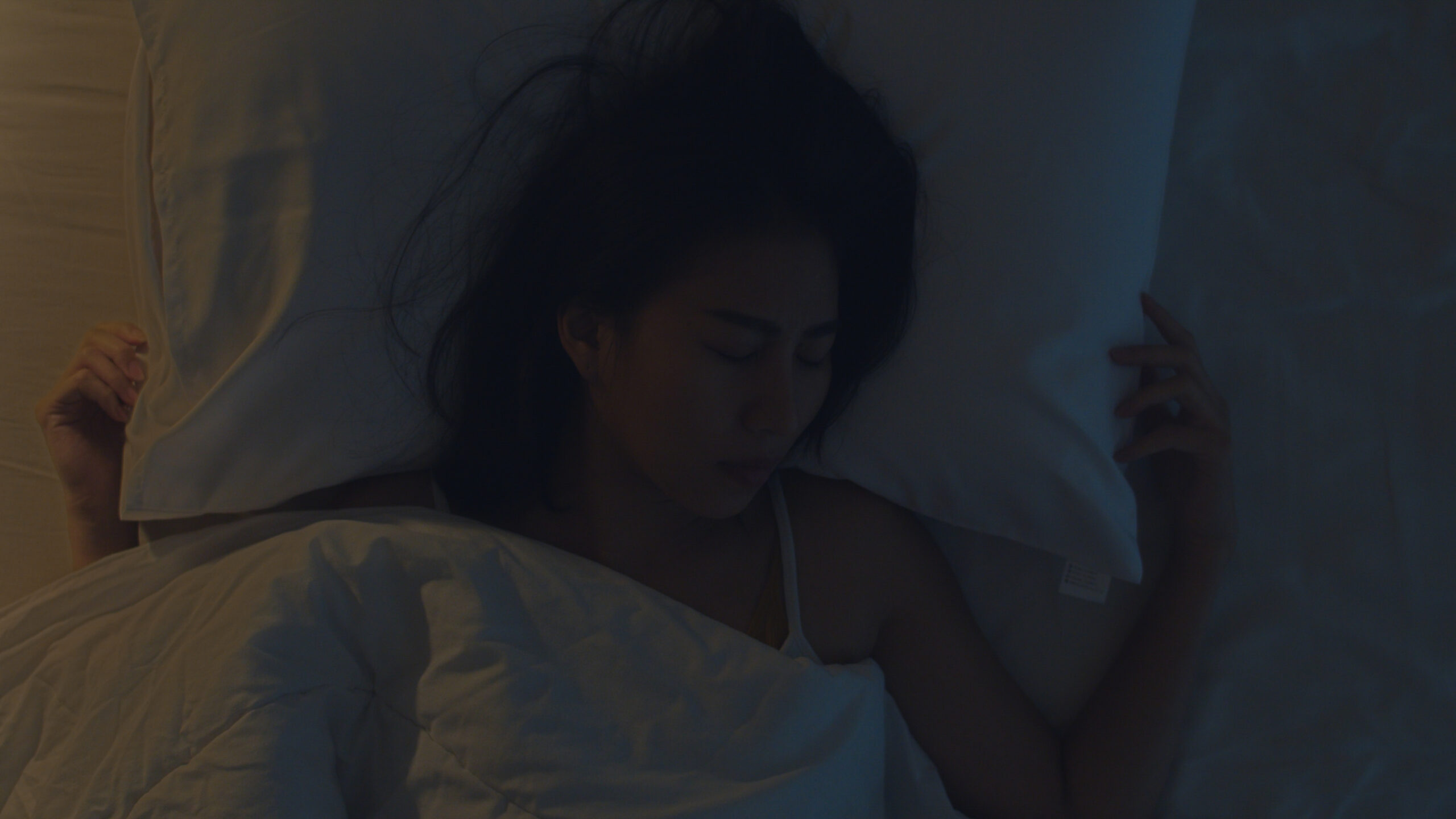
Sleep paralysis![]() may usually accompany various mental and somatic diseases. Most often, it concerned individuals with conditions
may usually accompany various mental and somatic diseases. Most often, it concerned individuals with conditions![]() like:
like:
Poor bodily health may also contribute to the more frequent occurrence of sleep paralysis. The risk factors![]() include:
include:
Many people also wonder whether sleep paralysis is dangerous. Without a doubt, this sleep disorder does not threaten the health or life of the person experiencing it, but there is no doubt that the phenomenon is not pleasant. Most people experience sleep paralysis once or more times in their lives, but some individuals experience the condition almost every night.
Recurrent sleep paralysis is not treated as a disease. However, the International Classification of Sleep Disorders (ICSD![]() ) classifies it as a so-called parasomnia, i.e., disorders involving abnormal phenomena occurring during sleep, such as motor or vegetative system disorders, but which do not significantly affect the time and quality of sleep.
) classifies it as a so-called parasomnia, i.e., disorders involving abnormal phenomena occurring during sleep, such as motor or vegetative system disorders, but which do not significantly affect the time and quality of sleep.
Sleep paralysis manifests itself as muscle paralysis while consciousness is preserved. A person who suffers from this condition feels completely paralyzed, and it seems that they can only move their eyelids. Moreover, they feel panic and great fear.
This condition is most often accompanied by symptoms![]() like unpleasant mental experiences, a feeling of falling inertly, chest or limbs being crushed, and various sounds being heard. Hallucinations during sleep paralysis may involve visual and tactile sensations.
like unpleasant mental experiences, a feeling of falling inertly, chest or limbs being crushed, and various sounds being heard. Hallucinations during sleep paralysis may involve visual and tactile sensations.
A person experiencing sleep paralysis may hear footsteps or shuffle, see figures above them, or feel that they are being touched or held by someone. There may be feelings of suffocation and pain, as well as morbid and pathological thoughts.
Body schema disorders may result in the paralyzed person having sensations of floating, flying, falling, going out of the body, feeling bliss and harmony, and experiencing autoscopy (a disorder in which one sees one's face, part of the body, or the whole self in front of oneself, even in a different form).
Sleep paralysis usually lasts a very short time, a few or a dozen or so seconds, but it seems much longer to the person experiencing it. People experiencing sleep paralysis remember their experiences for a long time, and they seem vivid and real to them.
It estimated that more than half of sleep paralysis episodes involve hallucinations that differ from typical dreams. As with atony, they can appear when falling asleep (hypnagogic hallucinations![]() ) or waking up (hypnopompic hallucinations
) or waking up (hypnopompic hallucinations![]() ). Specialists divide hallucinations
). Specialists divide hallucinations![]() associated with sleep paralysis into three categories:
associated with sleep paralysis into three categories:
It is worth noting here that the mentioned hallucinations during sleep can be visual and auditory. People experiencing auditory hallucinations frequently hear various sounds.
In the case of recurrent episodes of sleep paralysis, it may be necessary to visit a specialist: a psychiatrist or possibly a neurologist. The diagnosis of sleep paralysis![]() is based on a medical interview, physical examination, and laboratory and imaging tests. During the interview, the doctor will ask about the frequency and severity of symptoms, factors causing sleep paralysis, other diseases, and medications used. A physical examination can help rule out other causes of symptoms. Additionally, your doctor may order laboratory tests, such as hormone levels or a sleep study, to confirm the diagnosis.
is based on a medical interview, physical examination, and laboratory and imaging tests. During the interview, the doctor will ask about the frequency and severity of symptoms, factors causing sleep paralysis, other diseases, and medications used. A physical examination can help rule out other causes of symptoms. Additionally, your doctor may order laboratory tests, such as hormone levels or a sleep study, to confirm the diagnosis.
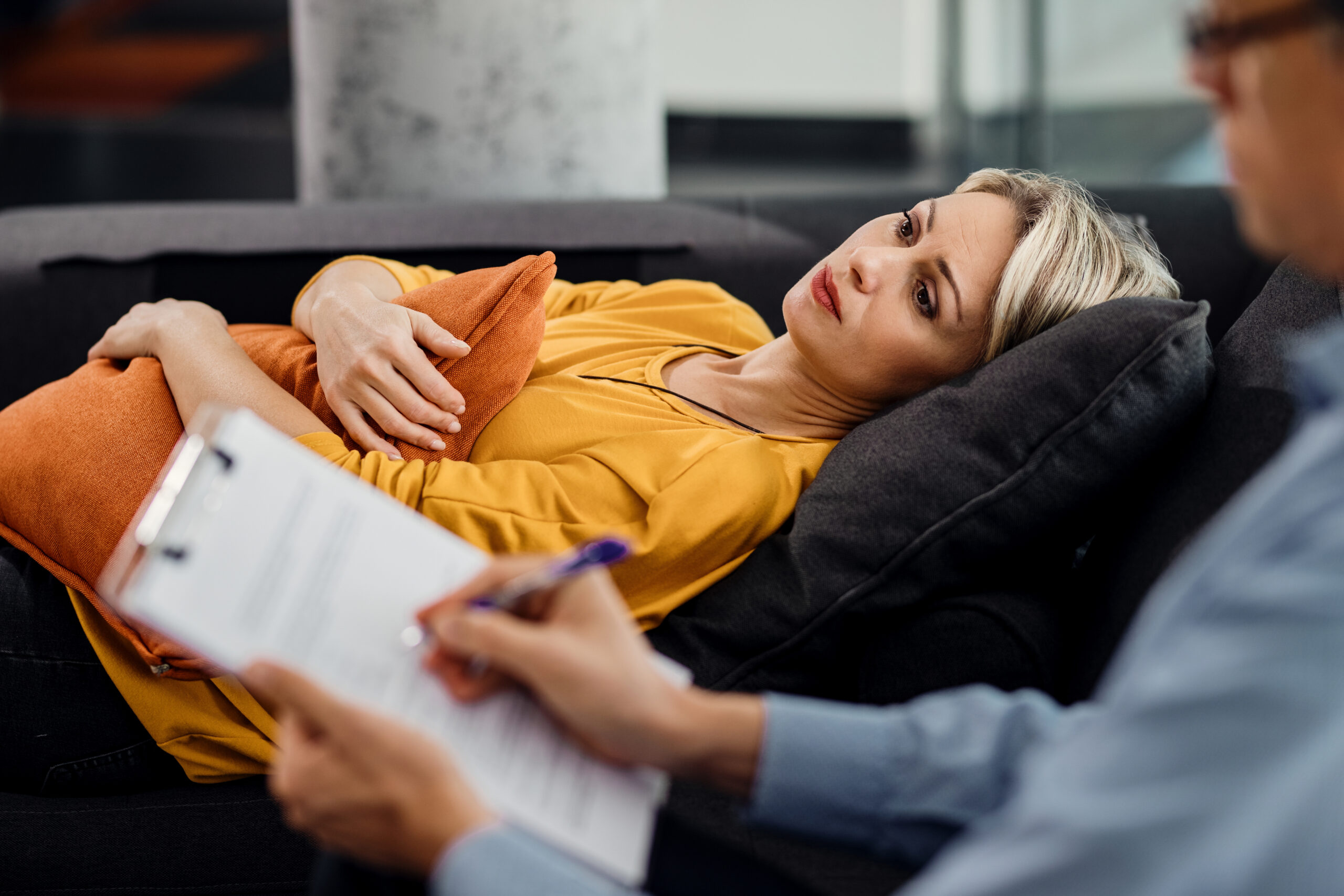
Recurrent isolated sleep paralysis is included in the International Classification of Diseases and Related Health Problems (ICD-11![]() ) and the International Classification of Sleep Disorders (ICSD-3
) and the International Classification of Sleep Disorders (ICSD-3![]() ).
).
The diagnosis of this disease is based on symptoms and the exclusion of other diseases that may be associated with sleep paralysis (e.g., narcolepsy, anxiety disorders, post-traumatic stress disorder, sleep apnea syndrome, or migraine). In practice, many different questionnaires are used to facilitate diagnosis and assessment of the course and severity of sleep paralysis.
For many people who have experienced sleep paralysis, it was a one-time event that they had forgotten. They dismissed the experience as a fantasy or nightmare and forgot about it relatively quickly. Because it was a single episode, forgetting about it was very quick and easy. The situation is different for people who regularly suffer from such sleep paralysis, whether with or without hallucinations.
If you regularly suffer from sleep paralysis accompanied by terrible hallucinations, you should consult a doctor. If, in addition, the episodes negatively affect the quality of your life and sleep and you experience the following symptoms, you have nothing to wait for:
A psychologist can also help you cope with nightmares and determine the cause of the problem on psychological grounds. A significant element of sleep paralysis treatment is education and counseling regarding this phenomenon. It includes practicing good sleep hygiene, such as going to bed regularly or making sure you are calm and relaxed before bed. In addition, affected people also have access to addiction treatment for substance abuse or psychotherapy for mental problems.
Many people wonder how to treat sleep paralysis. Unfortunately, no direct treatment![]() strategy for sleep paralysis during an active episode has been identified yet. In short, it is not known how to stop this state. It is worth mentioning here that there is a strong correlation between sleep paralysis and other sleep problems. Hence, it is believed that ensuring proper sleep hygiene can prevent sleep paralysis to some extent.
strategy for sleep paralysis during an active episode has been identified yet. In short, it is not known how to stop this state. It is worth mentioning here that there is a strong correlation between sleep paralysis and other sleep problems. Hence, it is believed that ensuring proper sleep hygiene can prevent sleep paralysis to some extent.
The current state of knowledge indicates that if any other conditions do not accompany sleep paralysis, the introduction of pharmacological treatment is unnecessary, and in practice, it is not used. However, for people suffering from mental disorders such as anxiety and depression, taking antidepressants can reduce the frequency of sleep paralysis episodes.
It is necessary to know that it is not possible to “wake up” from sleep paralysis, but the episodes will be shorter and less terrifying if you understand what is happening and how to calm down. During an episode of sleep paralysis, psychologists recommend the following steps:
To improve the quality of your sleep![]() , it is worth following a few fundamental tips. Staying in bed should be adjusted to the length of sleep because prolonged lying and forcing yourself to fall asleep will not improve the situation and will only increase nervousness.
, it is worth following a few fundamental tips. Staying in bed should be adjusted to the length of sleep because prolonged lying and forcing yourself to fall asleep will not improve the situation and will only increase nervousness.
It is not worth looking at the watch often because it is another element that interferes with falling asleep. When we want to check the time, it is better to go to another room.
Physical fatigue makes sleep longer and more profound. It is best when exercises are performed daily for at least 30 minutes. The training should end three hours before you plan to go to bed; otherwise you will be too excited to fall asleep peacefully.
People with trouble falling asleep should drink coffee, black tea, and energy drinks only in the morning. The last cigarette can be smoked no later than 30 minutes before going to bed. It is commonly believed that alcohol has a positive effect on sleep, but this is a false belief because it makes falling asleep easier but significantly worsens its quality and causes early waking up.
Regardless of whether it's the middle of the week or the weekend, it's best to always get up at the same time because this will allow us to feel tired at about a similar time in the evening. It is also important to eat meals regularly so that the last one ends three hours before bed.
Even a short nap during the day can sometimes make it difficult to fall asleep in the evening because it disturbs the biological clock. Therefore, for people with this type of problem, when the need for sleep occurs during the day, it will be better to go for a walk, allowing you to wake up. In the evening, go to bed at your usual time or a little earlier.
Every person should know relaxation methods![]() because nowadays we cannot avoid stress or tension. They are perfect after a hard day, intense sports training, or long hours of studying. Sometimes, we just want to sit down and relax, even if the day has passed in a pleasant atmosphere. Relaxation methods are irreplaceable; devote some time only to yourself and relax.
because nowadays we cannot avoid stress or tension. They are perfect after a hard day, intense sports training, or long hours of studying. Sometimes, we just want to sit down and relax, even if the day has passed in a pleasant atmosphere. Relaxation methods are irreplaceable; devote some time only to yourself and relax.
They will also be a good support in the treatment of depression, anxiety, aggression, and excessive mental arousal. States of increased emotional tension, especially neurosis, should be treated primarily with relaxation methods and psychotherapy. Such methods apply to every person.
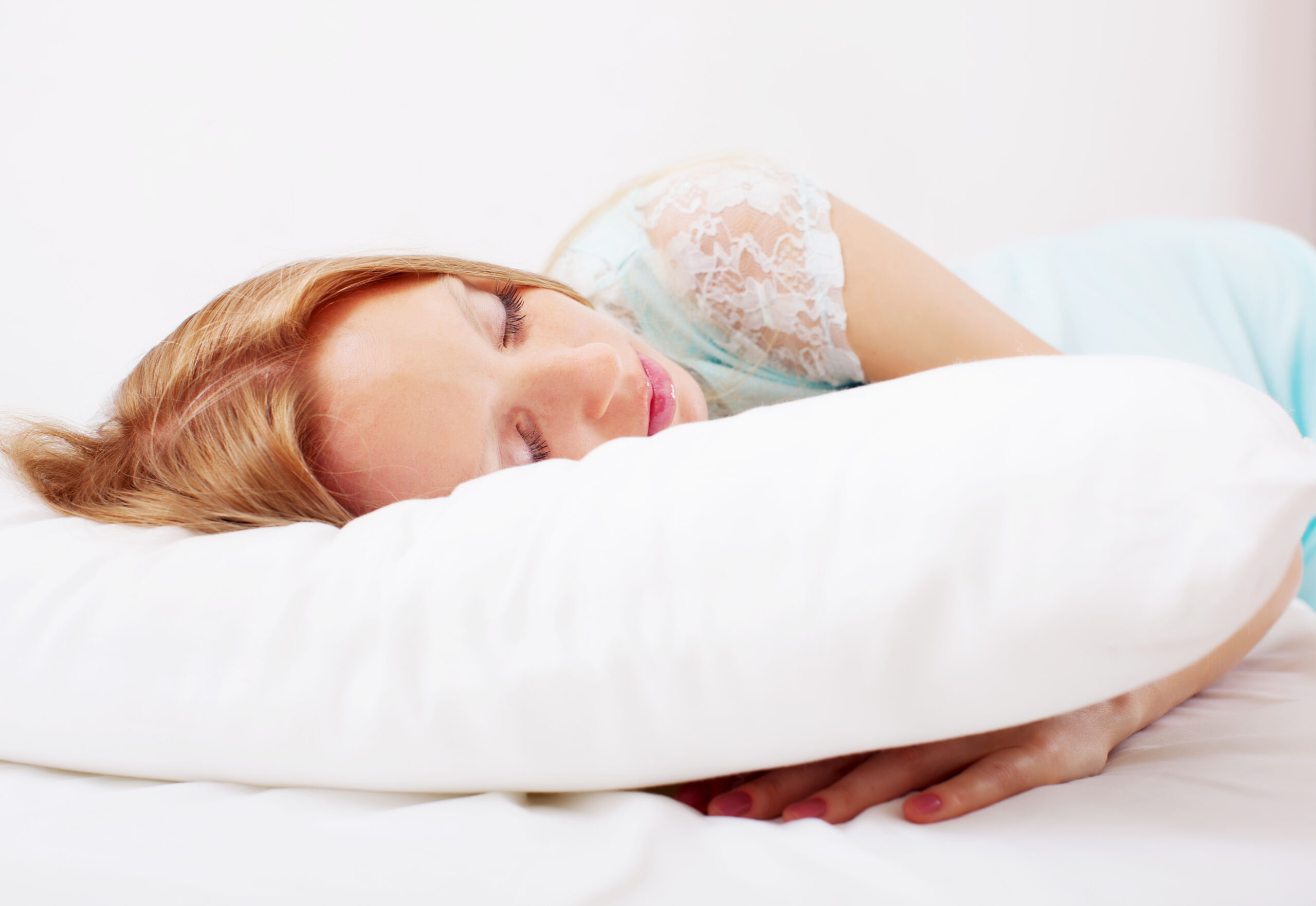
It is impossible to mention all possible relaxation techniques here, but a few are worth noting:
These are just a few techniques. Experiment to find which one works for you the best.
Table of Contents
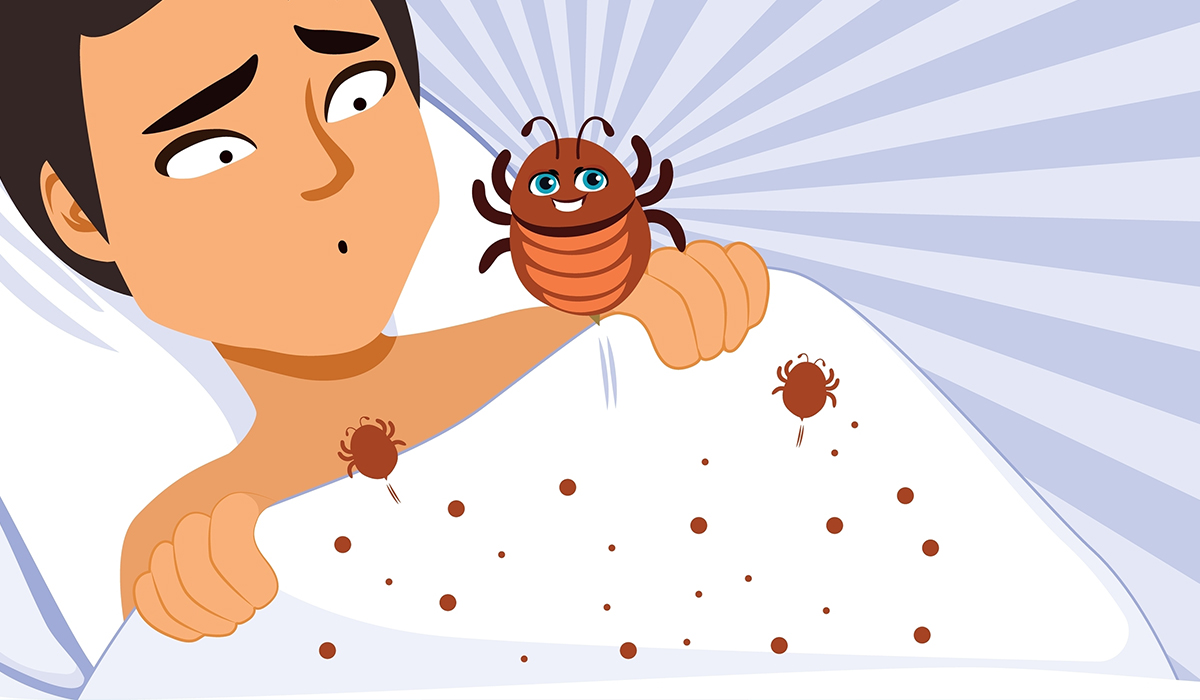
Bed bugs are parasites that feed on human blood. The insect bites can cause a variety of symptoms. Learn how… read more »

Insomnia is characterized by insufficient duration or unsatisfactory quality of sleep. The problem can take many forms. What are its… read more »
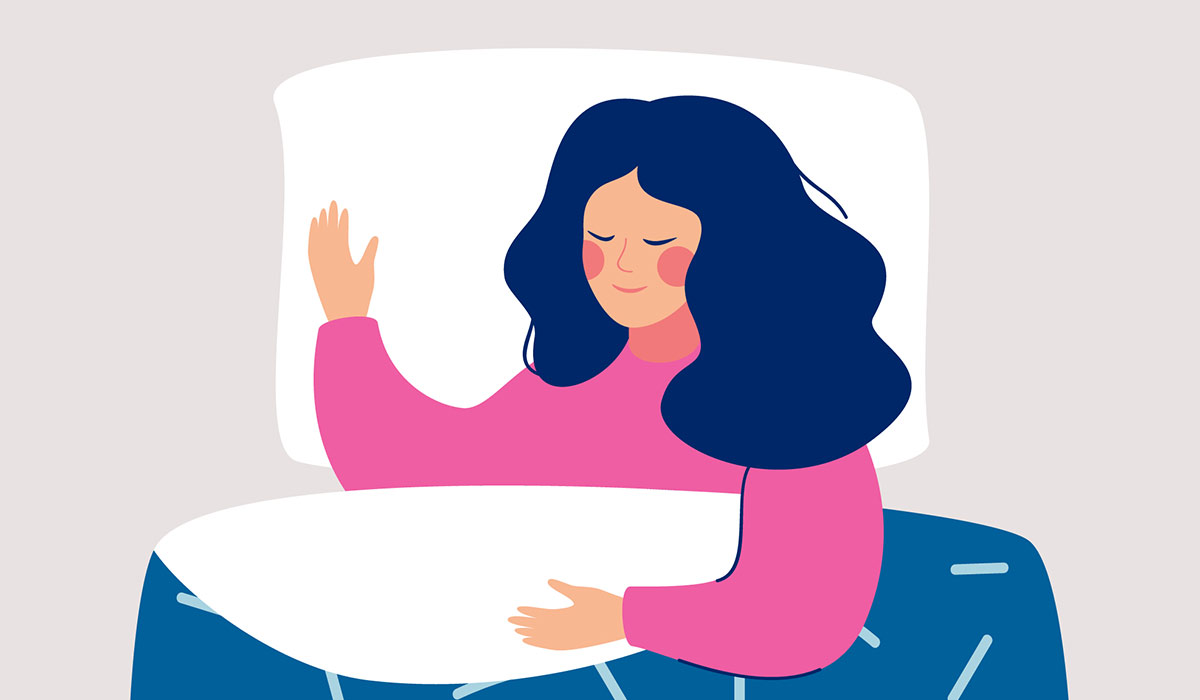
REM is the stage of sleep in which rapid eye movements occur. What then happens in the brain and body?… read more »
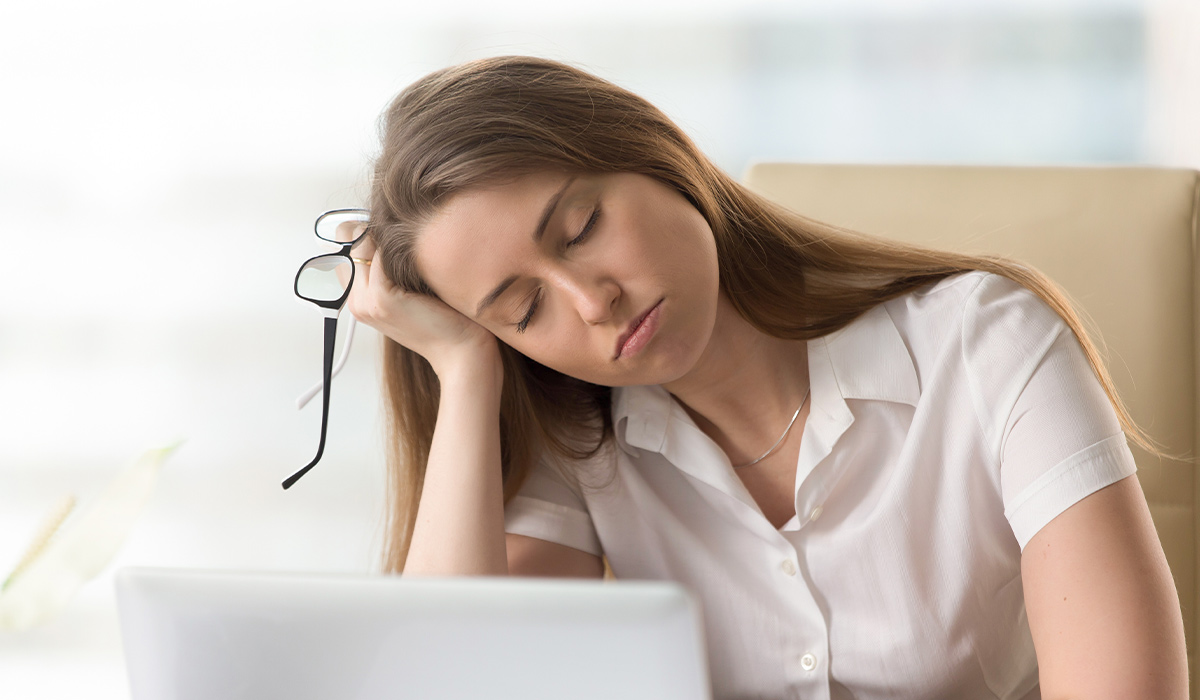
Narcolepsy is a disease of sudden, involuntary sleep attacks during the day. What are the other symptoms of the disease?… read more »

Polio is a disease that is now very rare. However, not being vaccinated can increase the risk. Find out about… read more »
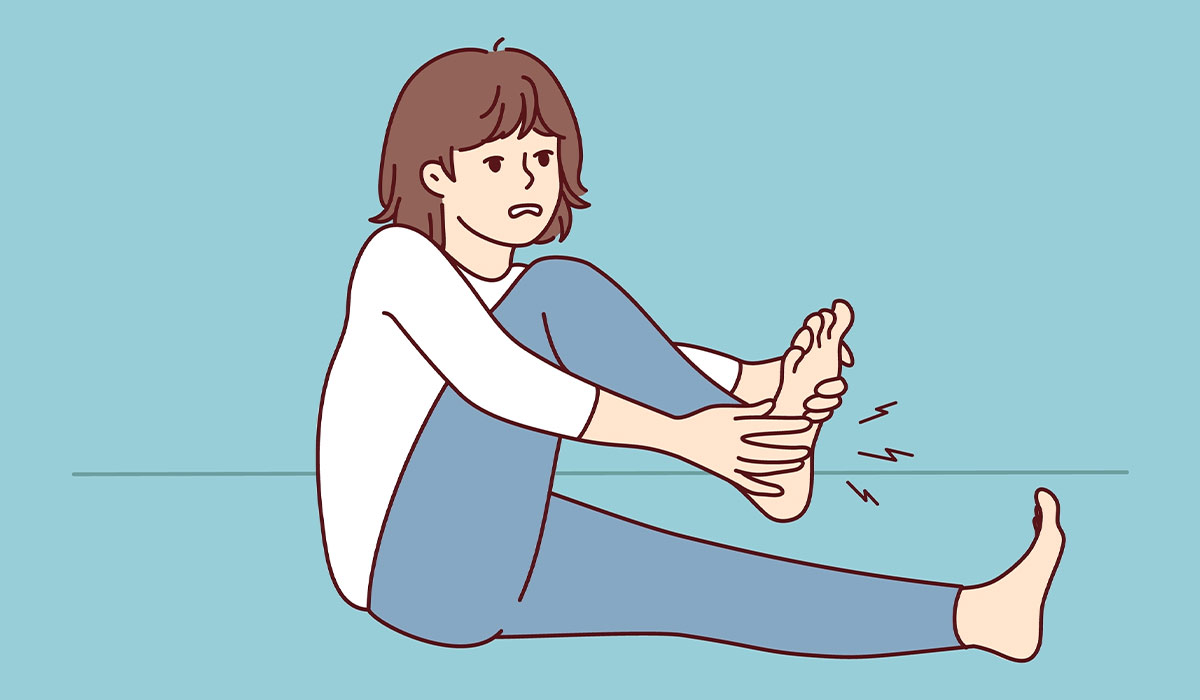
Restless legs syndrome is a disorder that causes unpleasant sensations in the legs and an irresistible urge to move them.… read more »
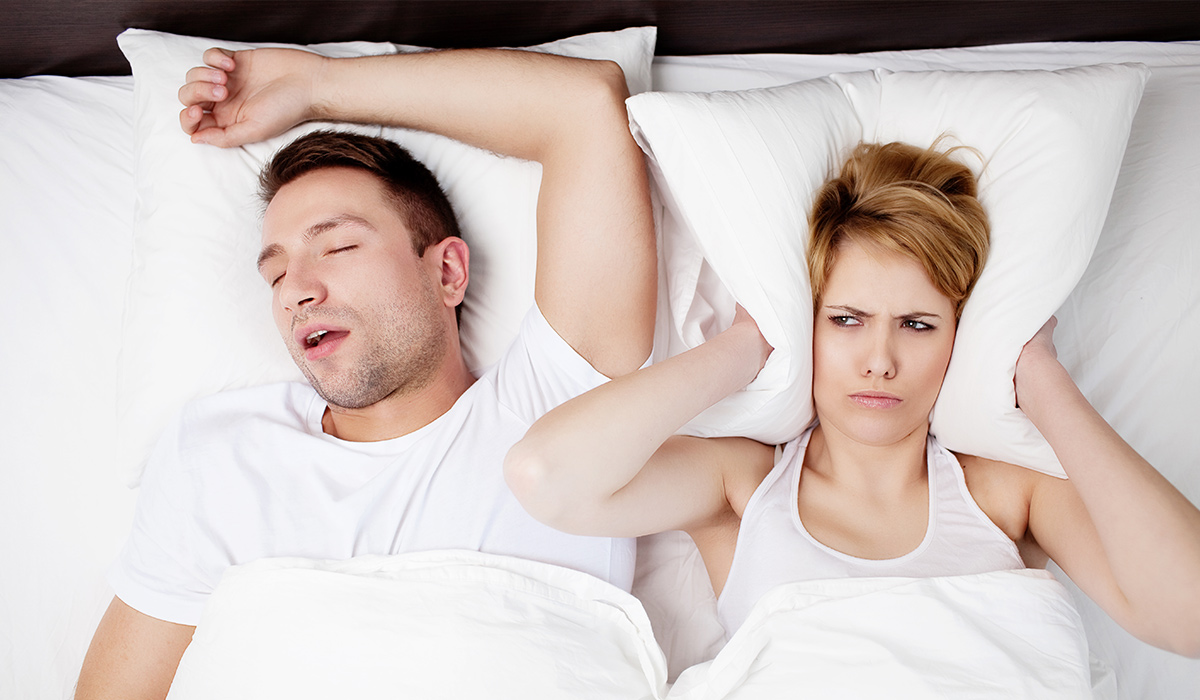
Don't let sleep disorders take away your enjoyment of life. Find out if you have symptoms of sleep apnea. Learn… read more »
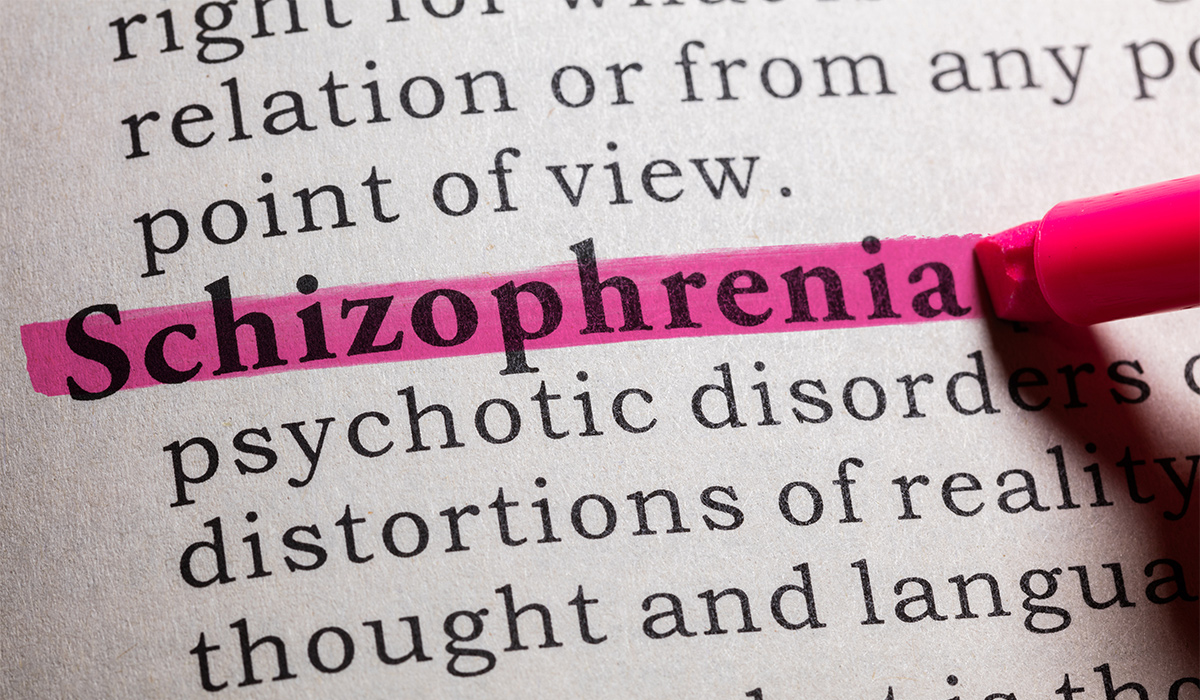
Schizophrenia is a mental illness with a gradual course. It consists in a changed and inadequate perception, reception and assessment… read more »
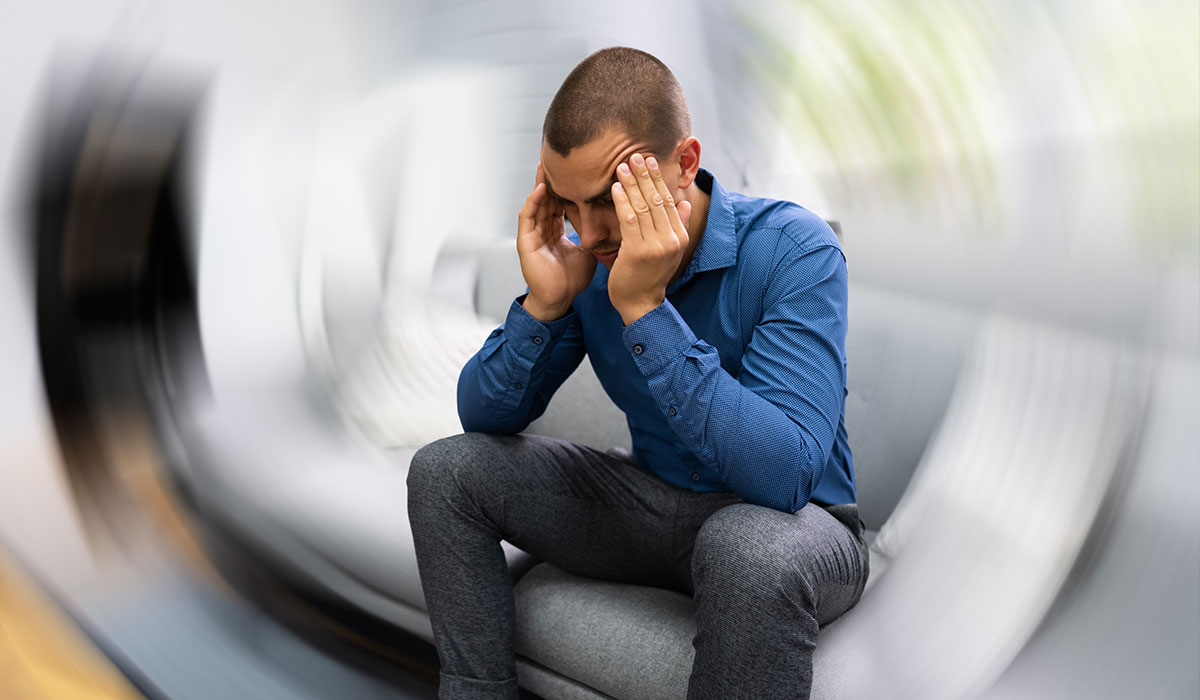
Vertigo is the illusion of environment movement. It is usually accompanied by nausea, loss of balance and a feeling of… read more »